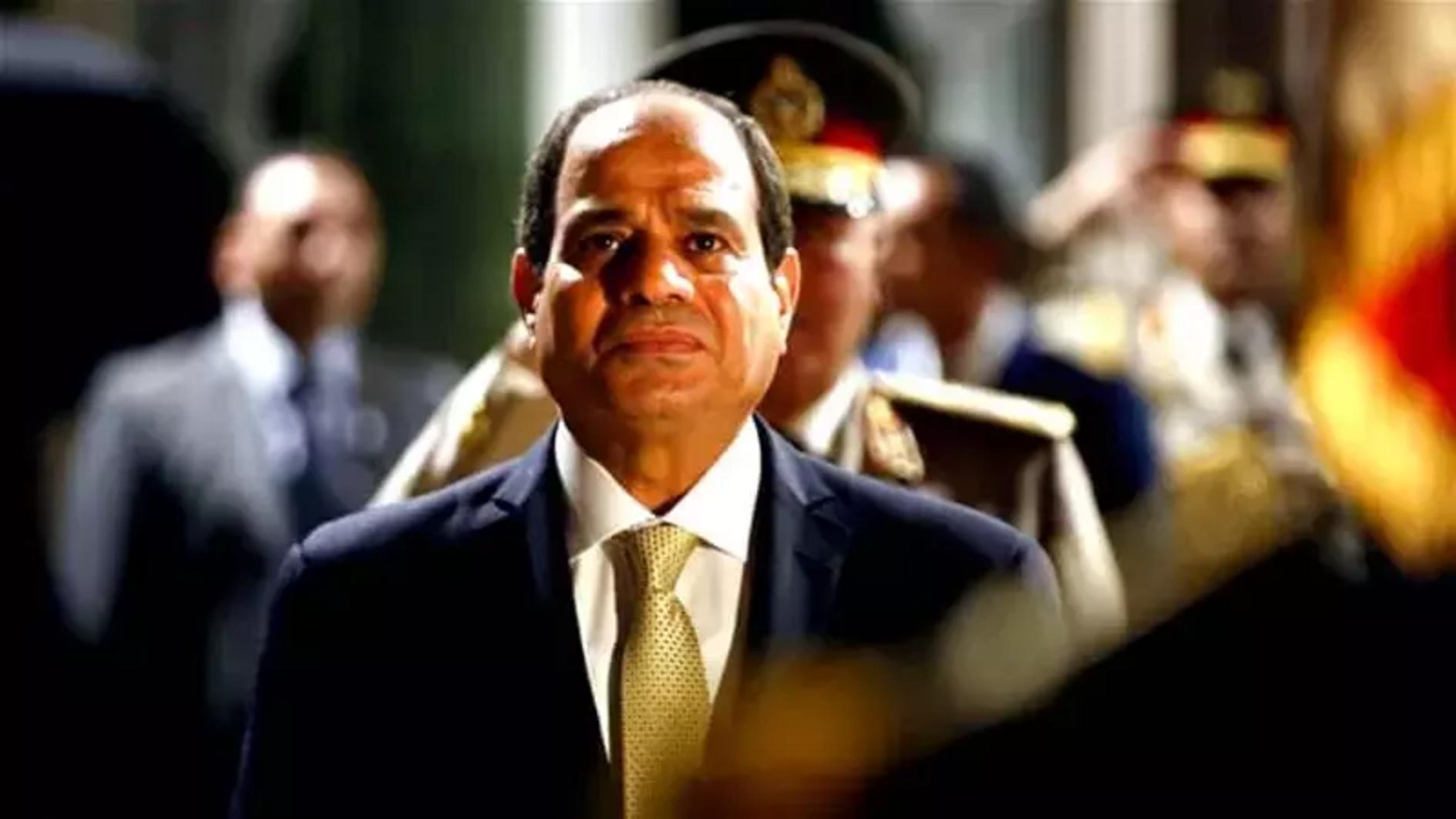
Egypt's President Abdel Fattah al-Sisi begins his third term this week buoyed by massive fresh financing, but experts say the road out of economic crisis will still be long and arduous.
Sisi won December's presidential election with 89.6 percent of the vote, standing against three unknowns.
He is set to begin his third term officially on Wednesday, with local media reporting that he will swear the oath before parliament the day before.
This six-year term is set to be the 69-year-old's last, unless another constitutional amendment again prolongs his tenure.
Pundits have speculated about a potential cabinet reshuffle as Cairo struggles to contain the fallout from two years of punishing economic crisis and dire foreign currency shortages.
As 2024 began, the Arab world's most populous country seemed to be hurtling towards default and economic collapse, analysts said, before it suddenly received more than $50 billion in loans and investments.
Within weeks, the United Arab Emirates announced a $35-billion land development deal for Egypt's Ras al-Hikma, the International Monetary Fund more than doubled a $3-billion loan, and the World Bank and European Union inked fresh financing agreements.
The massive bailout has saved Egypt "from falling into the abyss", according to former deputy prime minister Ziad Bahaa-Eldin.
Following the deals and a fresh currency devaluation — the country's fifth since 2016 — economic indicators seemed to be improving.
Financial services companies raised Egypt's credit ratings, as months-worth of blocked inventory began to be released into the import-dependent economy.
Bailout has strings attached
But "we shouldn't believe the crisis has passed, or that our problems have been solved", Bahaa-Eldin wrote in a recent op-ed in privately owned newspaper Al-Masry Al-Youm.
The roots of Egypt's crisis — including "the pace of public spending, the state's hold on the economy, and the inflation rate" — must be addressed, economic analyst and former parliamentarian Mohamed Fouad told AFP.
This week, Egyptians will watch Sisi swear the oath from the New Administrative Capital — a controversial $58-billion project in the desert east of Cairo — while many people struggle to make ends meet with inflation currently 35 percent.
The bailout, more generous than widely expected, has come with strings attached for Cairo — namely moving to a flexible exchange rate and "withdrawing the state and military from economic activity", according to IMF chief Kristalina Georgieva.
But analysts have warned that the government might still be propping up the Egyptian pound. And according to Fouad, "the state wants to intervene more, not withdraw" from the economy.
Concern has mounted that, without major reform — which the government has vowed to undertake — Egypt could find itself in a new cycle of crisis.
"To avoid falling into the same jam, we need a qualitative shift in how we manage our real economy," according to Bahaa-Eldin.
At the same time, Egypt finds itself facing regional fallout from two wars on its borders.
From its southern neighbour Sudan, more than half a million refugees have entered Egypt, fleeing the war between the regular army and the paramilitary.
And in the Gaza Strip, 1.5 million Palestinians are seeking shelter in the city of Rafah, penned in by the Egyptian border on one side and relentless Israeli bombardment on the other.
Crackdown on public dissent
Inside the country of 106 million people two-thirds of the population struggle to maintain their livelihoods, having lived on or below the poverty line even before the current crisis.
"People were already frustrated because they thought there was no solution," according to Mohamed Lotfy, executive director of the Egyptian Commission for Rights and Freedoms (ECRF).
But with the much celebrated massive influx of cash, "they might hold out hope, they'll expect things will get better", he told AFP.
"If it doesn't, people will feel like they've sacrificed and waited and followed the rules, but have nothing to show for it — they still can't afford to survive."
Despite some Egyptians broadcasting their sense of frustration and disappointment on social media, the space for public dissent has been all but curtailed.
Over the past decade, Cairo has waged what Lotfy calls a "war of attrition" against civil society — detaining tens of thousands of people, prosecuting rights groups and eradicating nearly all opposition.
Although a breakthrough seemed on the horizon in 2022 — when Sisi launched a "national dialogue" and began releasing high-profile political prisoners — "all those hopes were soon dashed", Lotfy said.
Now, with more than twice as many people newly detained as released, according to an ECRF tally, Lotfy says Egypt's rights record "remains disastrous" as "a sense of despair" grips the country.